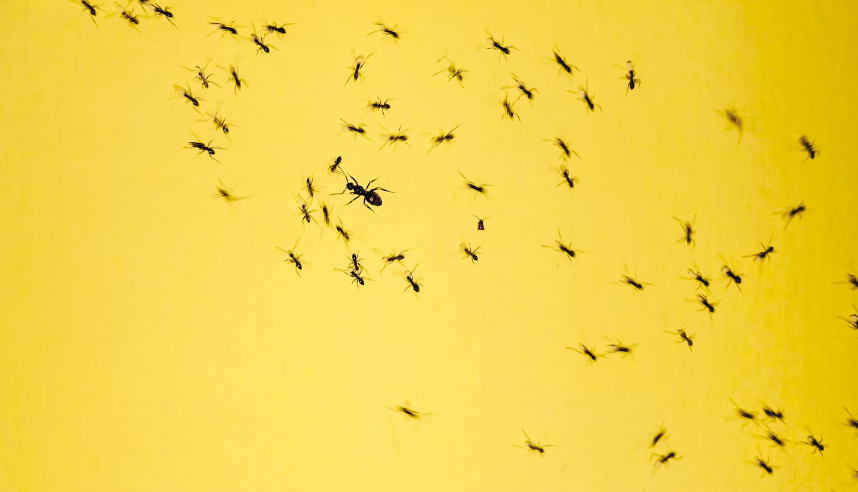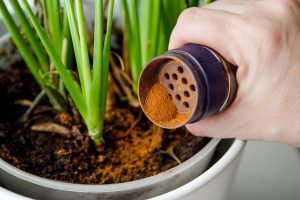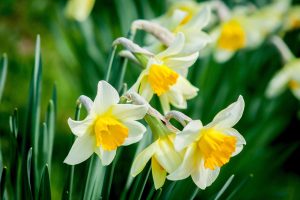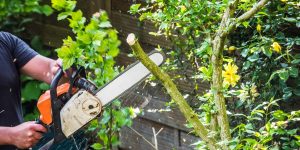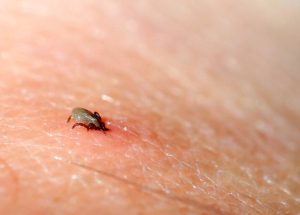It’s actually easier to get ants out of your garden than you might think.
Others are reading now
In an age where homeowners and summer residents are constantly battling the invasion of ants in their gardens, a novel, yet simple trick has emerged, promising to keep these persistent pests at bay.
Despite the availability of numerous ant and pest control products, which are largely effective, the struggle against ants remains a perennial challenge for many. These tiny invaders are notorious for causing havoc in greenhouses, vegetable beds, and flower gardens, making pest control a critical task for garden enthusiasts.
However, Pest Control experts have now revealed a series of proven methods to combat these unwelcome neighbors without resorting to harsh chemicals. Surprisingly, the solution could be as simple as a spoonful of specific household ingredients.
How to Get Ants Out of Your Garden
Ants have a known preference for carbohydrates, primarily sourced from aphids and scale insects. By eradicating these pests from the garden, one can significantly reduce ant populations. A straightforward soap solution has been highlighted as an effective treatment for aphid-infested areas, striking at the heart of the ant food source.
Also read
Additionally, ant hills can be effectively neutralized using baking soda, a remedy that can be bolstered by the use of ash and quicklime. Regular application of these treatments is advised to ensure lasting protection.
For those dealing with ants in their garden beds, a specially concocted solution comprising 30 g of linseed oil and 5 g of baking soda per liter of water has been recommended. This not only deters ants but also nourishes the soil.
Moreover, the deployment of boric acid and borax presents a formidable defense against ant invasion. A concoction made with ½ teaspoon of boric acid dissolved in 0.5 liters of water, sweetened with a bit of sugar, has proven to be particularly effective.
It’s important to note, however, that ants play a crucial role in the ecosystem. They are instrumental in cleaning the garden of caterpillars and larvae, aiding in soil aeration, and improving soil structure. Therefore, while it’s essential to manage ant populations to prevent damage to garden plants, their beneficial contributions to the garden’s health and the environment at large should not be overlooked.
With these simple yet effective strategies, gardeners can now enjoy their labor without the added worry of ant infestations, striking a balance between pest control and environmental stewardship.

